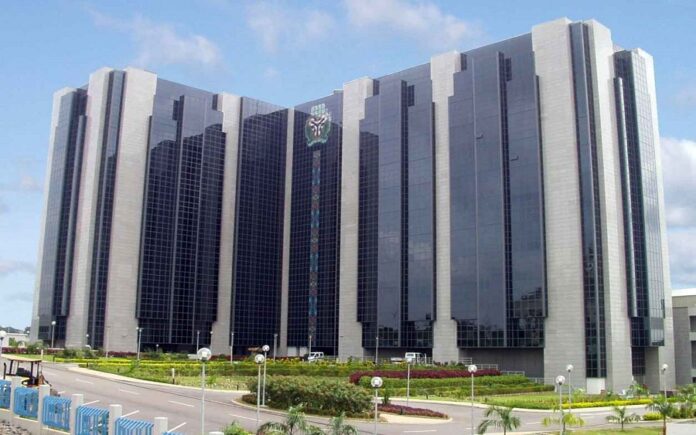Deposit Money Banks (DMBs) are monitoring accounts of loan defaulters to enforce a debit of N1.4 trillion on borrowers that signed the Global Standing Instructions (GSI) clause, it was learnt at the weekend.
The GSI policy authorises banks to debit accounts of chronic loan defaulters in any bank within Nigeria to recover debts or settle defaults.
The Central Bank of Nigeria (CBN) data showed that 5.31 per cent of the N26.1 trillion credits to the economy, representing N1.4 trillion , are Non-Performing Loans (NPLs) being monitored for the GSI sanctions.
A Regional Director in mid-level bank said banks are reviewing credits in their balance sheets to ascertain delinquent loans and enforce GSI policy on defaulting accounts.
“The banks are already preparing list of short and loans terms term loans which expired in June ending. The debit on the defaulting accounts that signed the GSI clause will start this week in many of the banks,” he said.
According to him, the GSI implementation gained momentum among banks after the CBN follow-up circular in January which stipulated that frequency of recovery attempts via the platform will be continuous and unrestricted.
He said the GSI automated loan recovery feature applicable to all loans in the industry is now perpetually in place throughout the life of the loan and/or until the loan is fully repaid.
CBN Deputy Governor, Kingsley Obiora, said total flow of credit to the economy increased to N26.10 trillion in April 2022 from N21.45 trillion in April 2021, representing an increase of 21.66 per cent.
He explained that some sectors with the increased credit included manufacturing, consumer credit, general commerce, information and communication, and agriculture.
Obiora explained that Non-Performing Loans (NPLs) ratio stood at 5.31 per cent at the end of April 2022, slightly above the prudential threshold of 5.00 per cent.
“It was, however, an improvement from 5.89 per cent at the end of April 2021, reflecting recoveries, restructuring of facilities and sound management practices by Other Depository Corporations (ODCs),” he said in notes to Monetary Policy Committee (MPC) members.
In terms of interest on lending, 70.93 per cent of loan recipients in April 2022, accessed those loans at 15 per cent or below, compared with 61.29 per cent in March 2022. This shows more banks customers were able to access loans at lower interest rates over the two periods.
In support of the GSI policy, the CBN Governor, Godwin Emefiele, said that borrowers must pay back. “The CBN will not allow people to borrow money and refuse to pay again. That era has gone. If you take money, you will pay back the loan. If you borrow money and refuse to pay, we will take your money wherever you are keeping it,” he said.
The CBN said the initiative was conceived to address the recurring instances of willful loan default in the industry to identify and watch-list recalcitrant loan defaulters; enhance recovery from eligible and funded accounts in the industry, and improve credit repayment culture.
The CBN said the operationalisation of the exercise require borrowers to sign a GSI mandate in hard copy or digital form, after which all qualifying accounts are linked to the borrower’s Bank Verification Number (BVN).
“The GSI mandate form authorises the recovery of an amount specified by the bank from any/all accounts maintained by the borrower across all financial institutions. The GSI empowers banks and other financial institutions to debit accounts of chronic loan defaulters in any bank within the country to ease NPLs growth in the country,” it said.
FBN Holdings Plc, United Bank for Africa Plc and Zenith Bank Plc expanded their loan books by the equivalent of about $1 billion in 2021 as the CBN policy on 65 per cent Loan to Deposit Ratio (LDR) policy implementation gained more support of the lenders.
Banks that failed to meet 65 per cent LDR are sanctioned with heavy penalties, S&P Global Market Intelligence calculations showed.



